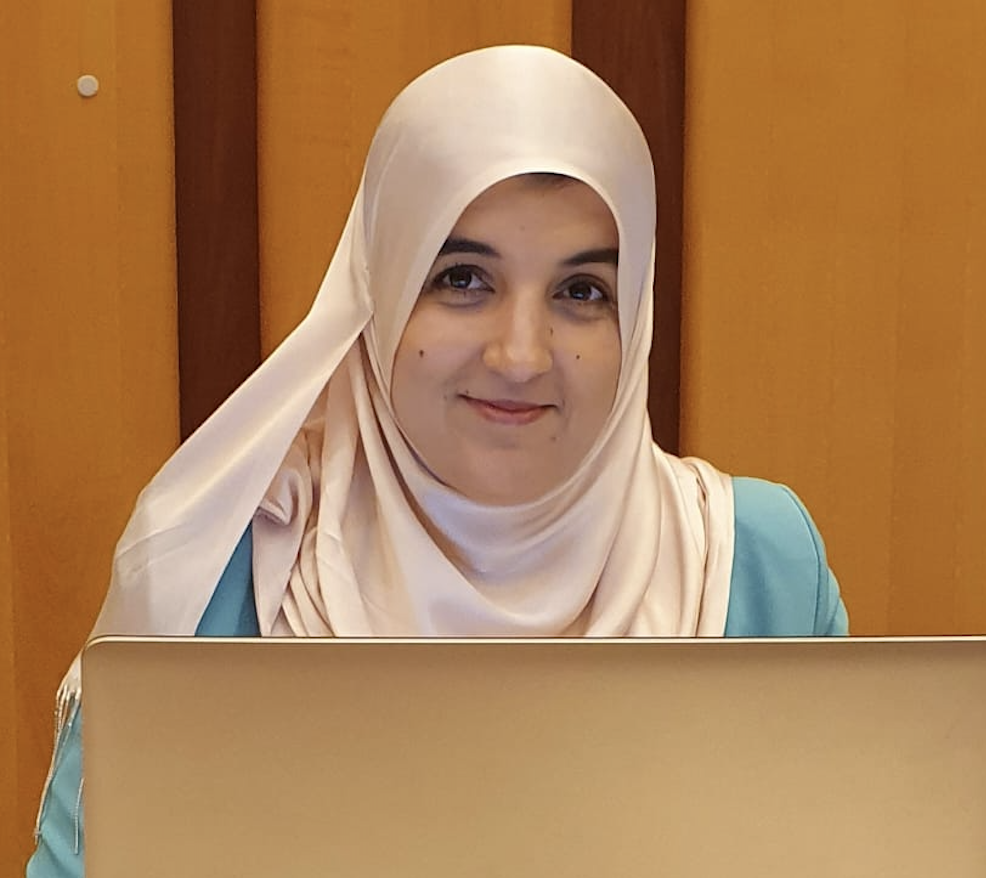 Soumaya Benbartaoui Soumaya Benbartaoui
SG13 Vice-Chairman I Chief of Information Security Officer Regulatory Authority of Post and Electronic Communication, Algerian Regulator of Post and Electronic Communication
After graduating as an engineer of computer science from University of Science and Technology Houari Boumediene, Soumaya joined Regulatory Authority of Post and Telecommunication in 2009, where she held many positions. She is currently the Chief of Information Security Officer and also acting as audit director. She actively participates in national, regional and international works on the new technologies' establishment including the standardizations aspects. She was elected to participate in the Techwomen program (initiative of the U.S. Department of State’s Bureau of Educational and Cultural Affairs) where she worked for a high-tech company at Silicon Valley. Also, in 2014 she won the BELTE Award for MEA region from WIT. In 2022, she was elected as SG13 vice-chairman, and she is also working-party 2 vice-chairman and also ITU-T SG13 Regional Group for Africa (SG13 RG-AFR).
|
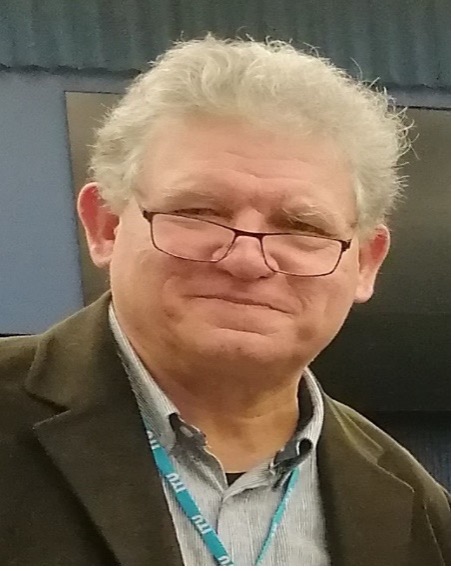 Marco Carugi Marco Carugi
Senior Consultant, Advanced ICTs and Standardization, Huawei Technologies
Marco Carugi is a senior consultant with Huawei Technologies on advanced ICTs and related standardization since 2018. He has professional experience in R&D and technology strategy, with past positions in different roles within Solvay group, Orange Labs, Nortel Networks CTO division, ZTE R&D Technology Strategy, as well as consultant with various customers, including NEC (2015-2018). IMT-2020/5G and Future Networks, IoT and Smart Cities, AI/ML for Networks and Autonomous Networks are the main technical areas he is currently involved in. Active in standardization since long time, he has led specifications in different domains and held various leadership positions. He currently serves as Rapporteur for ITU-T Q20 of SG13 (“Networks beyond IMT-2020 and Machine Learning: Requirements and Architecture”) and Rapporteur for ITU-T Q2 of SG20 (“Requirements, capabilities and architectural frameworks across verticals enhanced by emerging digital technologies”). He also acts as Vice-Chair of the ITU-T JCA on Machine Learning, ITU-T SG20 Mentor, SG20 Liaison Officer to ISO/IEC JTC1/SC41 and member of the IEC-ISO-ITU Joint Smart Cities Task Force. Marco holds an Electronic Engineering degree in Telecommunications from University of Pisa (Italy), a M.S. in Engineering and Management of Telecommunication Networks from National Institute of Telecommunications (France), a Master in International Business Development from ESSEC Business School (France), and completed an Executive Program on Big Data Science at Ecole Centrale Supelec (France).
|
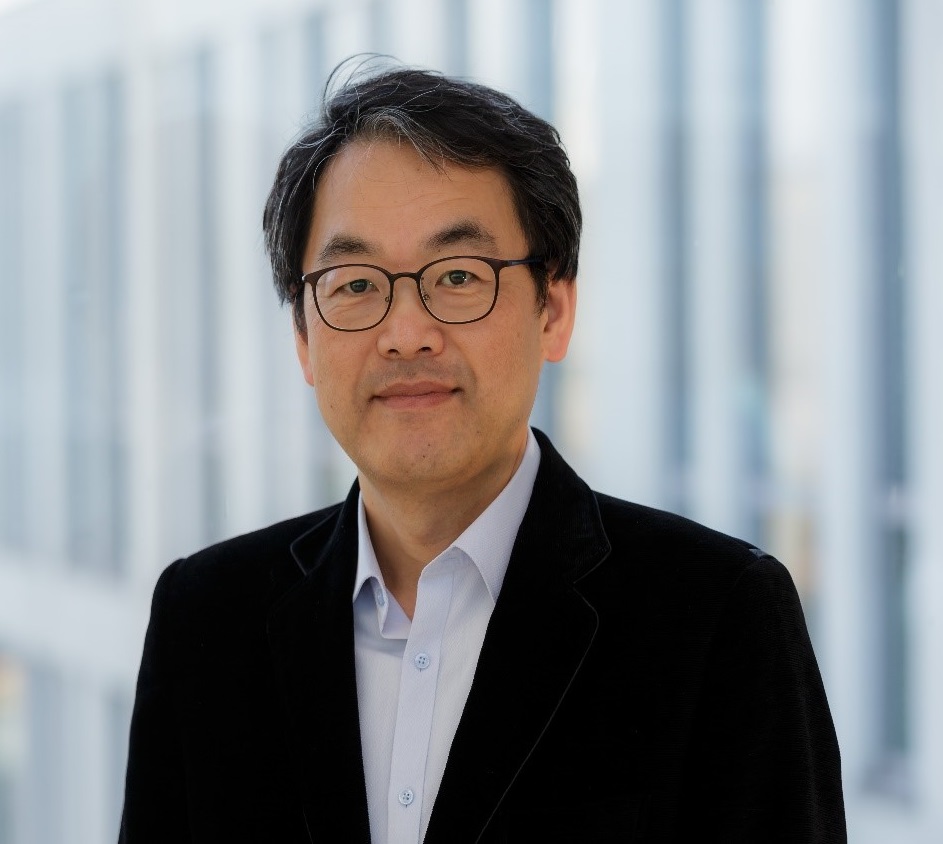 Alex Jinsung Choi
Alex Jinsung Choi
Chairman of the O-RAN ALLIANCE and Senior Vice President, Group Technology and Head of T-Labs
Mr. (Dr) Alex Jinsung CHOI is Chairman of the O-RAN ALLIANCE and Senior Vice President, Group Technology and Head of T-Labs, which is the central Research & Development division of Deutsche Telekom. In addition, he is member of the Technology & Innovation management board, where he has responsibility for several strategic topics. Dr. Choi has been a thought leader for over 20 years in the mobile telecommunication industry & consumer electronics by driving forward key strategic and research topics in Telco and AI. Dr. Choi was the first Chairman of the Telecom Infra Project (TIP) and previously served as CTO for SK Telekom. With the introduction of "NUGU", the first AI- based virtual assistant in Korea, Dr. Choi was influential in the development of AI solutions.
|
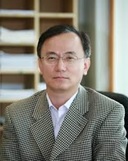 Jun Kyun Choi
Jun Kyun Choi
Department of Electrical Engineering, KAIST
Prof. Jun Kyun Choi received the B.Sc. (Eng.) from Seoul National University in electronics engineering, Seoul, Korea in 1982, and M.Sc (Eng.) and Ph.D degree in 1985 and 1988, respectively, in electronics engineering from Korea Advanced Institute of Science and Technology (KAIST). From June 1986 until December 1997, he was with the Electronics and Telecommunication Research Institute (ETRI). In January 1998, he joined the Information and Communications University (ICU), Daejeon, Korea as Professor. At year 2009, he moves to Korea Advanced Institute of Science and Technology (KAIST) as Professor. He served for KAIST IT convergence center as director during 2011 - 2014. His research interests are concerned with network protocol and performance analysis including IPTV. Dr. Choi was an active member of ITU-T Study Group 13 as a Rapporteur or Editor from January 1993 on the ATM, MPLS, and NGN issues. He is Head of Korean Delegation (1993 - 2010) and the working group chairman of IPTV Focus Group (year 2006 – 2007). He had submitted more than 450 contributions at ITU-T and more than 50 drafts on IETF.
|
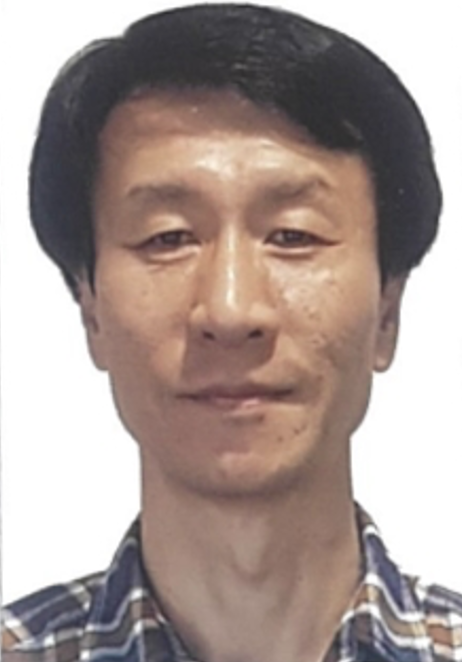 Taesang Choi
Taesang Choi
Rapporteur of Q.6/SG13 for QoS of QKDN I ETRI
Taesang Choi received his MS (1990) and Ph.D (1995) degrees in Computer Science and Telecommunications in Univ. of Missouri-Kansas City. He joined ETRI in 1996 and is currently working as a principal research staff. He has been actively involved in the domestic and international R&Ds of Traffic Engineering, Traffic Measurement and Analysis with machine learning, SDN/NFV management, 5G network slice and resource management, Cyber Security Attack Analysis, and Quantum Key Distribution Network (QKDN) control and management. He has also actively contributed in various SDOs and open source activities such as IETF, ITU-T, ONF, ONOS and etc. He is currently acting as ITU-T SG13 Question 6 Rapporteur and International IT Standardization Expert representing Republic of Korea.
|
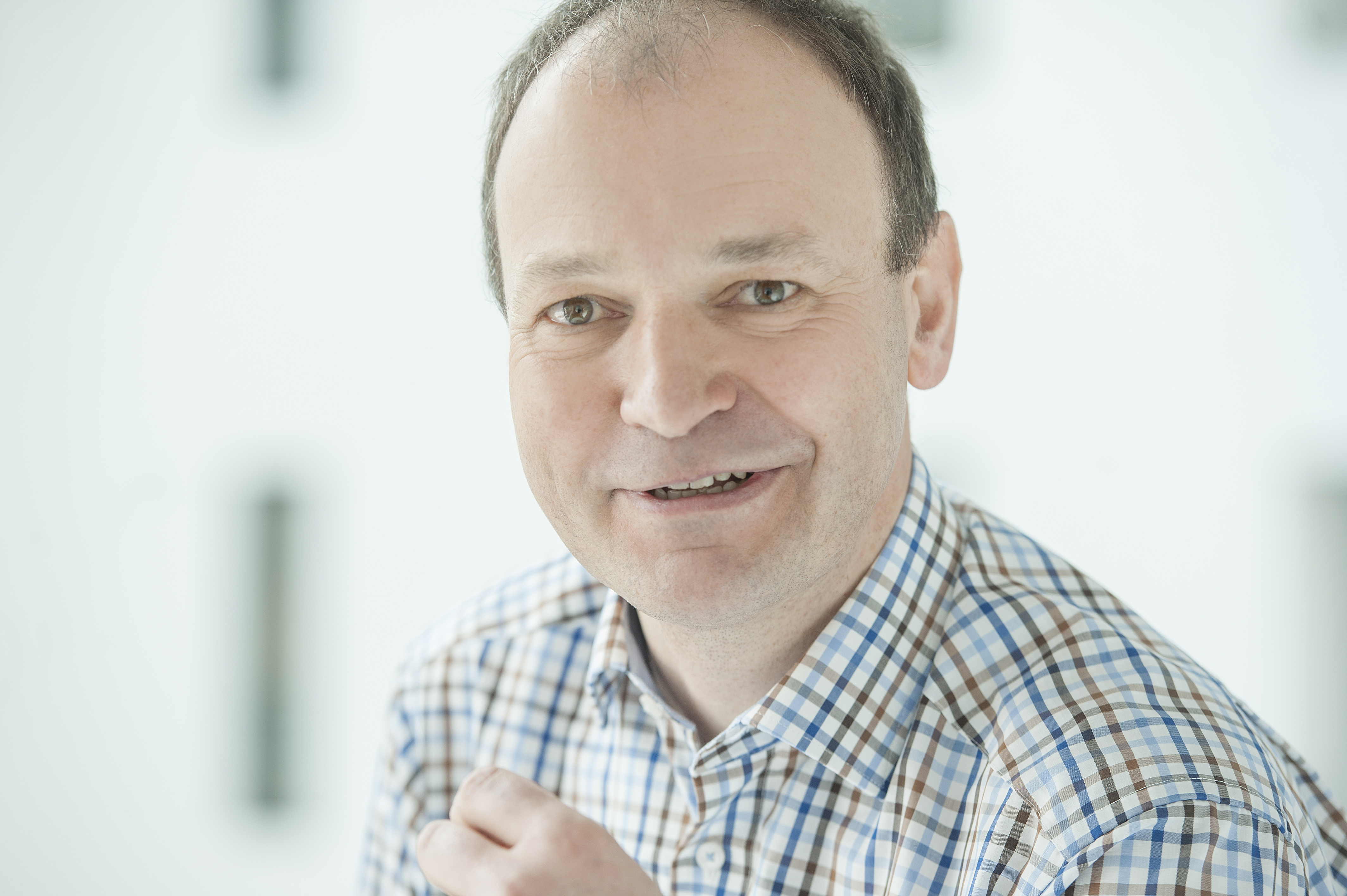 Ulrich Dropmann
Ulrich Dropmann
Head of Standardization and the Industry Environment, Nokia
Ulrich heads the external standardization activities for Nokia. He is responsible for global and regional standardization including radio spectrum aspects. Ulrich is a board member of the 5G Alliance for Connected Industries and Automation (5G-ACIA). He also is a VP and Executive Committee member of the Global Mobile Supplier Association (GSA). Since April 2022, he has served as a board member to the Innovative Optical and Wireless Network Global Forum (IOWN-GF). Prior to his current role Ulrich was responsible for Nokia Networks Industry Environment activities. Between 2007 and 2012 Ulrich lead the NSN 3GPP standardization team and has served as Head of Delegation to 3GPP. Between 1996 and 2007, Ulrich held various positions in R&D of Siemens Mobile Networks unit. He was responsible for standardization activities of the core network business unit and managed Siemens 3GPP activities. Ulrich had an instrumental role in the definition of the UMTS architecture as well as in set up of project management in 3GPP. Ulrich holds a Ph.D. from Télécom ParisTech from 1996; his research area was the definition of 3G Radio Interface, and his research was part of EU collaborative research program (RACE II ATDMA). He holds a master's degree (Dipl-Ing) in Telecommunication from the RWTH, Aachen from 1992.
|
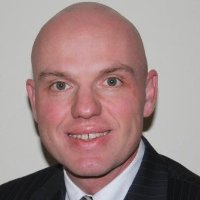 Andreas Freund Andreas Freund
Chief Architect, Integrated Trust Network & MOBI's Citopia Web3 marketplace, Co-founder, Treetrunk & ConsenSys Kapture Fan Engagement platform
Dr. Andreas Freund is the chief architect of the Integrated Trust Network and MOBI's Citopia Web3 marketplace, the Co-founder of the NFT 2.0 platform Treetrunk and the ConsenSys Kapture Fan Engagement platform, the TCS 2017 Distinguished Engineer for his contributions to Blockchain technology. He is a seasoned business and technology leader, and Six Sigma Black Belt who led many successful business & technology transformations, M&A, Restructuring, and Continuous Improvement initiatives, and built successful technology practices. He now specializes in creating digitally enabled organizations focusing on rapid digital strategy and product development and implementations spanning Fortune 500 to Private Equity companies with a focus on blockchain and zero-knowledge proof technologies, and its intersection with generate AI.
|
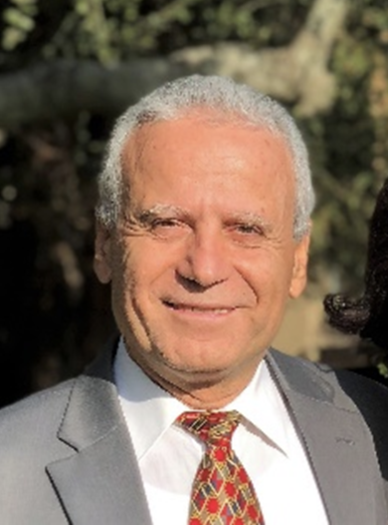 Salim Hariri Salim Hariri
Director, NSF Center for Cloud and Autonomic Computing, The University of Arizona
Salim Hariri is a Professor in the Department of Electrical and Computer Engineering at The University of Arizona. He received his Ph.D. in computer engineering from University of Southern California in 1986, and an MSc from The Ohio State University in 1982. He is the director of NSF Center for Cloud and Autonomic Computing, and he is the Editor-In-Chief for the
CLUSTER COMPUTING JOURNAL (Springer). Dr. Hariri received the University of Arizona 2013 Leading Edge Researchers award for his innovative research in autonomic cybersecurity. His research interests include Autonomic Computing, Self-protection of networks and computers, Cybersecurity modeling and analysis, resilient cyber resources and services, and high-performance distributed systems. Dr. Hariri has co-authored five books in the area of autonomic computing and parallel and distributed systems. At the University of Arizona, he led managed more than 10 million dollars of research projects funded by the National Science Foundation (NSF), Department of Energy, Department of Defense and industry. |
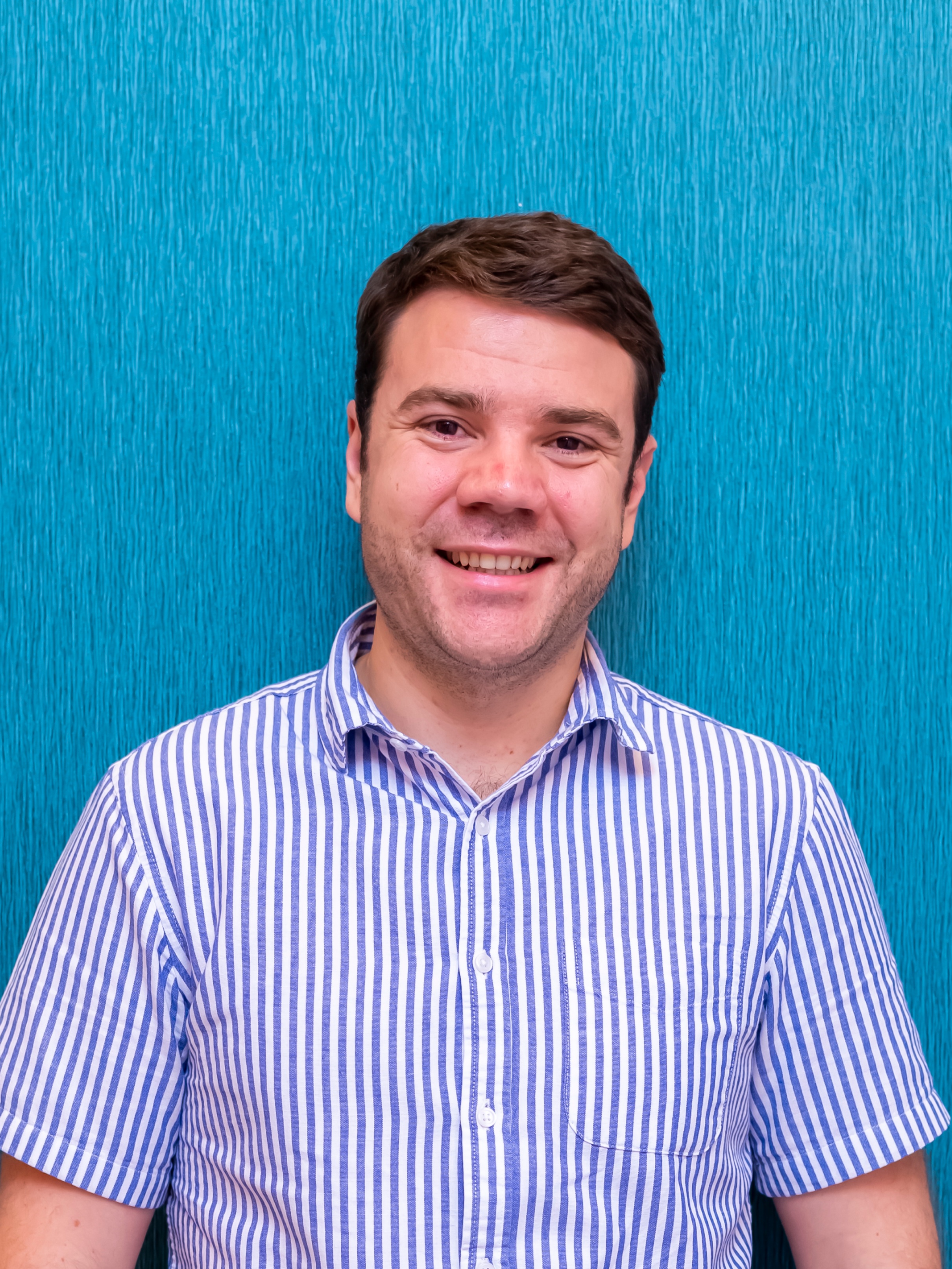 Jamie Hewitt Jamie Hewitt
Full Stack Blockchain Developer, Ocean Protocol
Jamie is a seasoned Full-Stack Blockchain Developer with Ocean Protocol, the market leader in the decentralized data exchange landscape. Jamie graduated with a Master's degree in Computer Science from the University of Hertfordshire and has since delved deep into the intricacies of the blockchain world. Over the years, jamie has contributed significantly to developing and implementing scalable, secure, and robust decentralized applications and platforms. At Ocean Protocol, Jamie's work revolves around building the bridge between front-end UI and smart contracts, ensuring seamless integrations, user experiences, and creating effective tools for data monetization and sharing. Jamie believes in the transformative power of Web 3.0 and its potential to create a more inclusive, decentralised, and transparent Internet ecosystem.
|
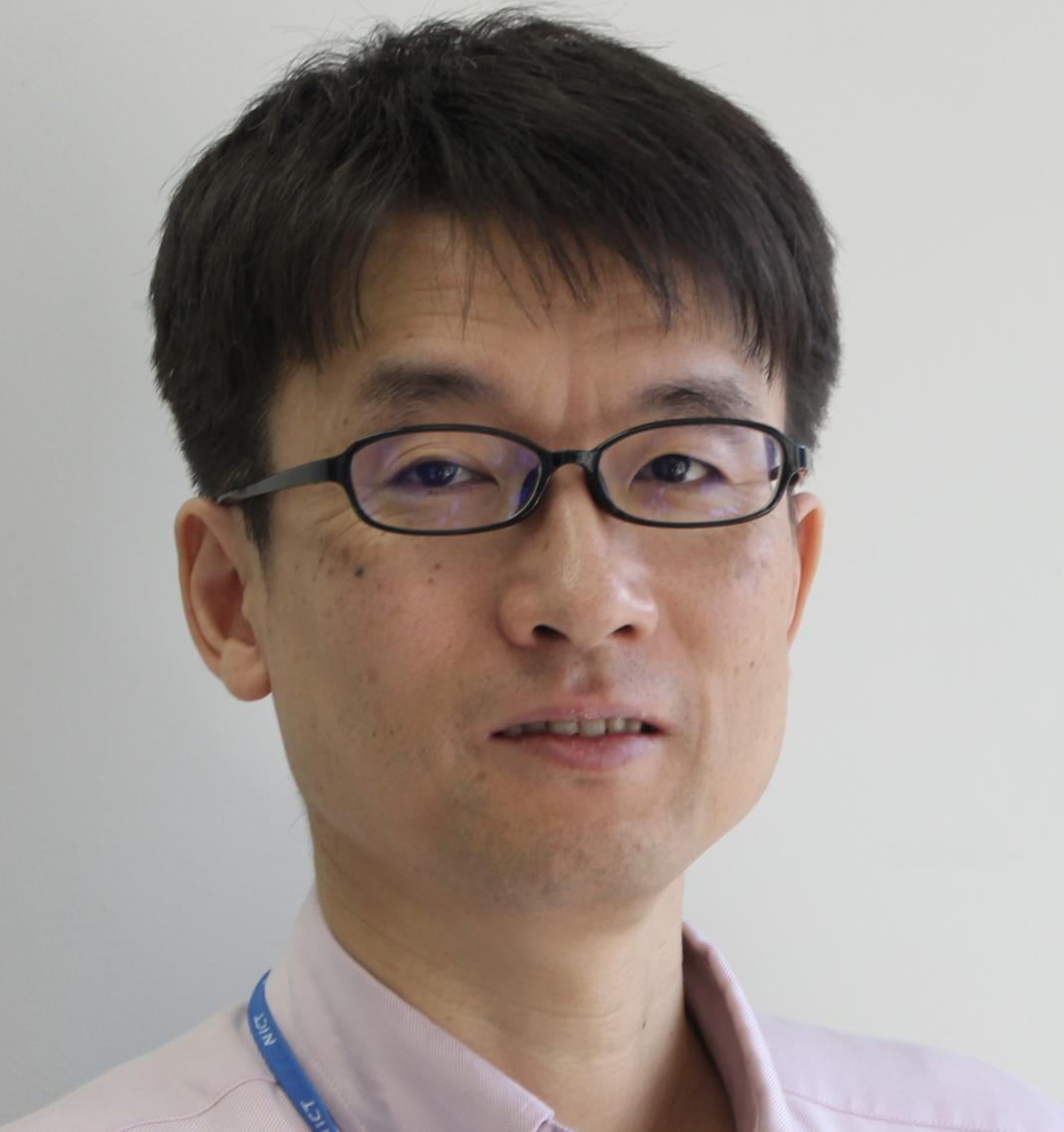 Tetsuya Ido Tetsuya Ido
Director in Space-Time Standards Laboratory, National Institute of Information and Communications Technology (NICT), Japan
Tetsuya Ido is a director of the Space-Time Standards Laboratory in NICT, which generates and disseminates Japan Standard Time (JST) to the society. His major specialty is in time and frequency metrology. He has studied optical clocks for more than twenty years, and JST is now determined with a help of an optical clock. As the telecommunication technology depends further on the precision time and frequency, he aims the application of the metrological technology such as miniature atomic clocks and wireless two-way synchronization to the field of telecommunications.
|
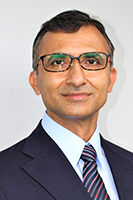 Ved P. Kafle
Ved P. Kafle
Research Manager, Network Architecture Lab, National Institute of Information and Communications Technology (NICT)
Ved P. KAFLE received the B.E. (Honours) degree in Electronics and Electrical Communications from Punjab Engineering College, India, the M.S. degree in Computer Science and Engineering from Seoul National University, South Korea, and the Ph.D. degree in Informatics from the Graduate University for Advanced Studies, Japan. He is currently a research manager at National Institute of Information and Communications Technology (NICT), Tokyo, and concurrently holding a visiting associate professor's position at the University of Electro-Communications, Tokyo. He has been serving as a Rapporteur of ITU-T Study Group 13 since 2014. His research interests include network architectures, 5G and Beyond 5G networks, Internet of things (IoT), smart cities, network control and service automation by AI and machine learning, network function virtualization (NFV), software defined networking (SDN), and terrestrial and non-terrestrial network convergence. He received the ITU Association of Japan's Encouragement Award and Accomplishment Award in 2009 and 2017, respectively. He received four Best Paper Awards from the ITU Kaleidoscope Academic Conference in 2009, 2014, 2018 and 2020. He is a fellow of ITU-T SG13, a life member of Nepal Engineers Association, a senior member of IEEE and a member of IEICE.
|
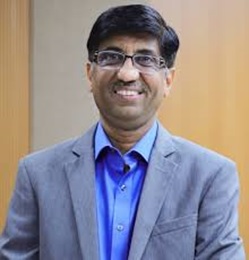 Abhay Karandikar Abhay Karandikar
Director, IIT Kanpur, India
Prof Abhay Karandikar is currently the Director, Indian Institute of Technology (IIT) Kanpur. Before joining IIT Kanpur as the Director in April 2018, he served as Institute Chair Professor in the Department of Electrical Engineering at IIT Bombay. He also served as Dean (Faculty Affairs) and Head of the Electrical Engineering Department at IIT Bombay. He spearheaded a national effort in setting up Telecom Standards Development Society of India (TSDSI), India's standards body for telecom with participation of all stakeholders. Prof Karandikar was the founding member and former Chairman of TSDSI. He was also Member (Part-Time) of Telecom Regulatory Authority of India (TRAI) from January 2018- January 2021. He serves on the board of several companies and has founded and mentored start-ups in telecom and networking. He also serves on the Board of Governors of IEEE Standards Association. He is a member of Technology Innovations Group on 6G and chairs the 6G Spectrum Task Force setup by the Department of Telecom, Government of India. Prof Karandikar has several patents issued and pending, contributions to IEEE, 3GPP standards, contributed chapters in books and large number of papers in international journals and conferences to his credit. Prof Karandikar was awarded with IEEE SA's Standards Medallion in December 2016 in New Jersey.
|
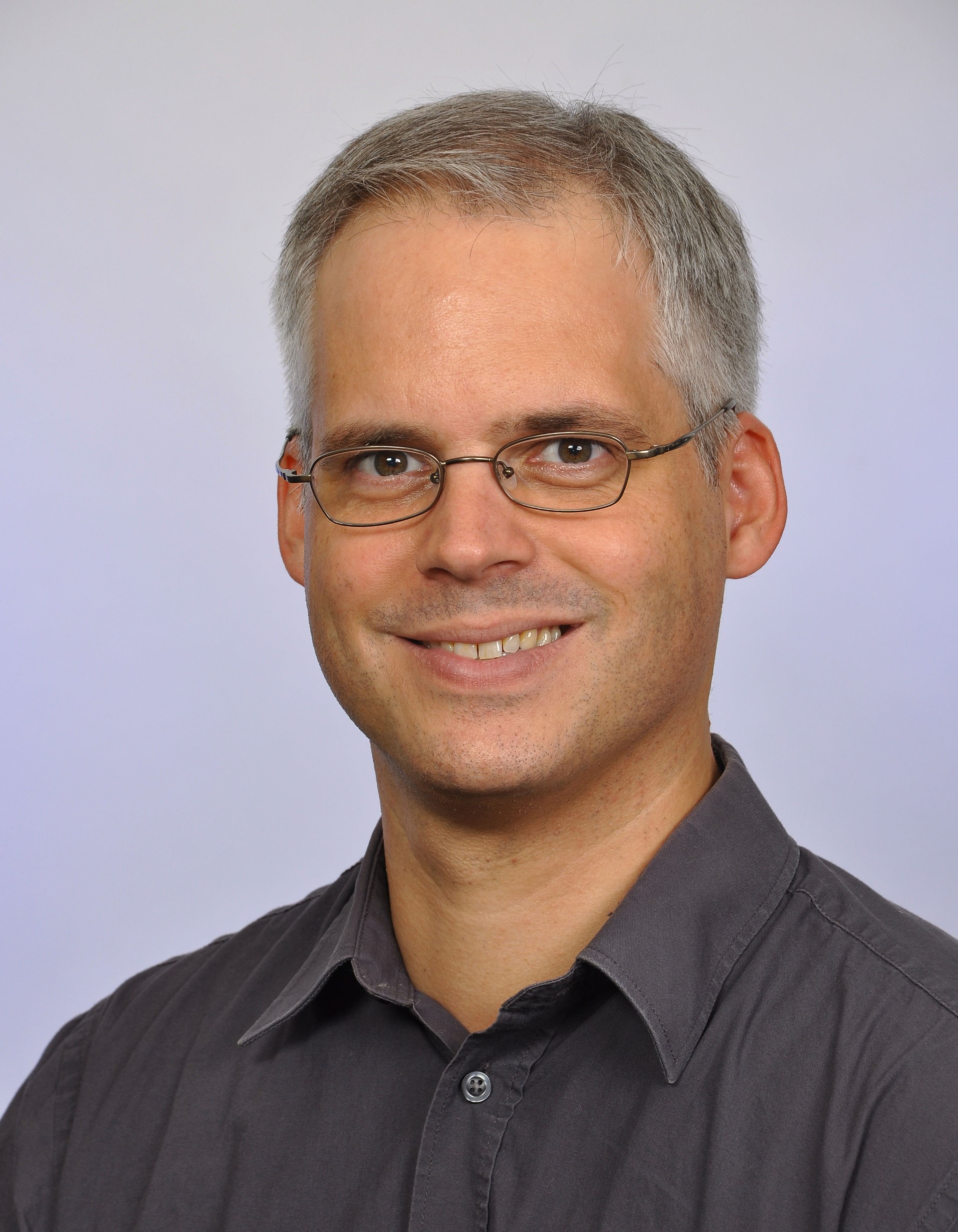 Stephan Kehrer Stephan Kehrer
Senior Technology Architect, CTO Office Industrial Automation Solutions, Belden
Stephan Kehrer joined Belden in 2007 and is working as Senior Technology Architect in the CTO Office Industrial Automation Solutions. Stephan’s work focuses on new technologies, standardization, and research projects in the area of industrial communication. He is actively involved in the specification of Time-Sensitive Networking at the IEEE 802 and is likewise active in IEC. Stephan completed his studies in information technology at Eberhard Karls University Tübingen.
|
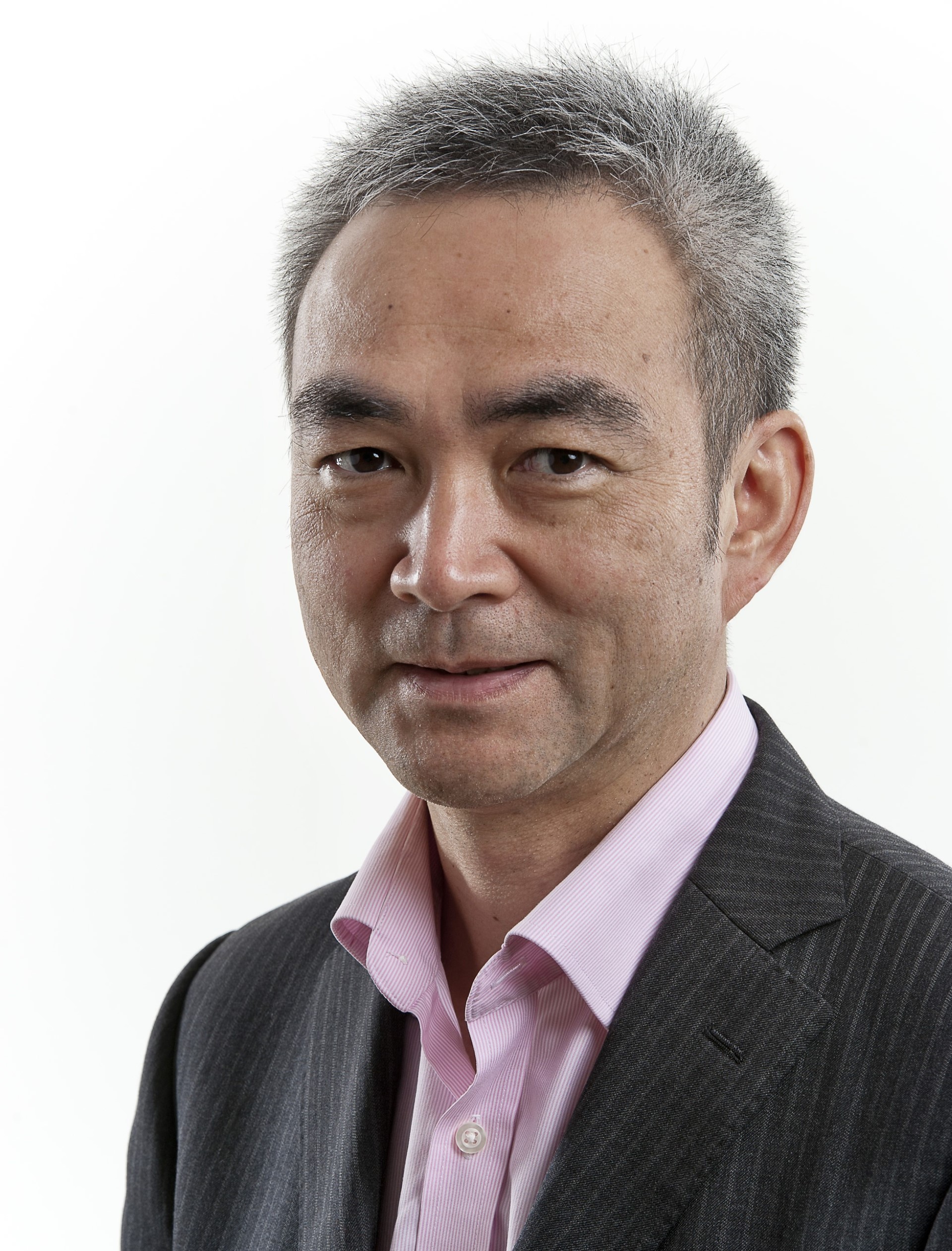 Kaoru Kenyoshi Kaoru Kenyoshi
Manager, Quantum ICT Collaboration Center, NICT, Japan
Mr Kenyoshi is a manager of Quantum ICT collaboration center of NICT and in charge of standardizations. He has long experiences of developing software and system of telecom system in NEC. Since 2018, he took a leading role of standardization in Standardization Promotion Office of NICT. Since April 2021, he assigned as a manager of Quantum ICT collaboration center and supported standardization on QKDN in ITU-T and ETSI. He is the chair of WP3/11 ITU-T, associate rapporteur of Q16/11 and associate rapporteur of Q15/17. He received Award of minister of internal affairs and communications from TTC in June 2018.
|
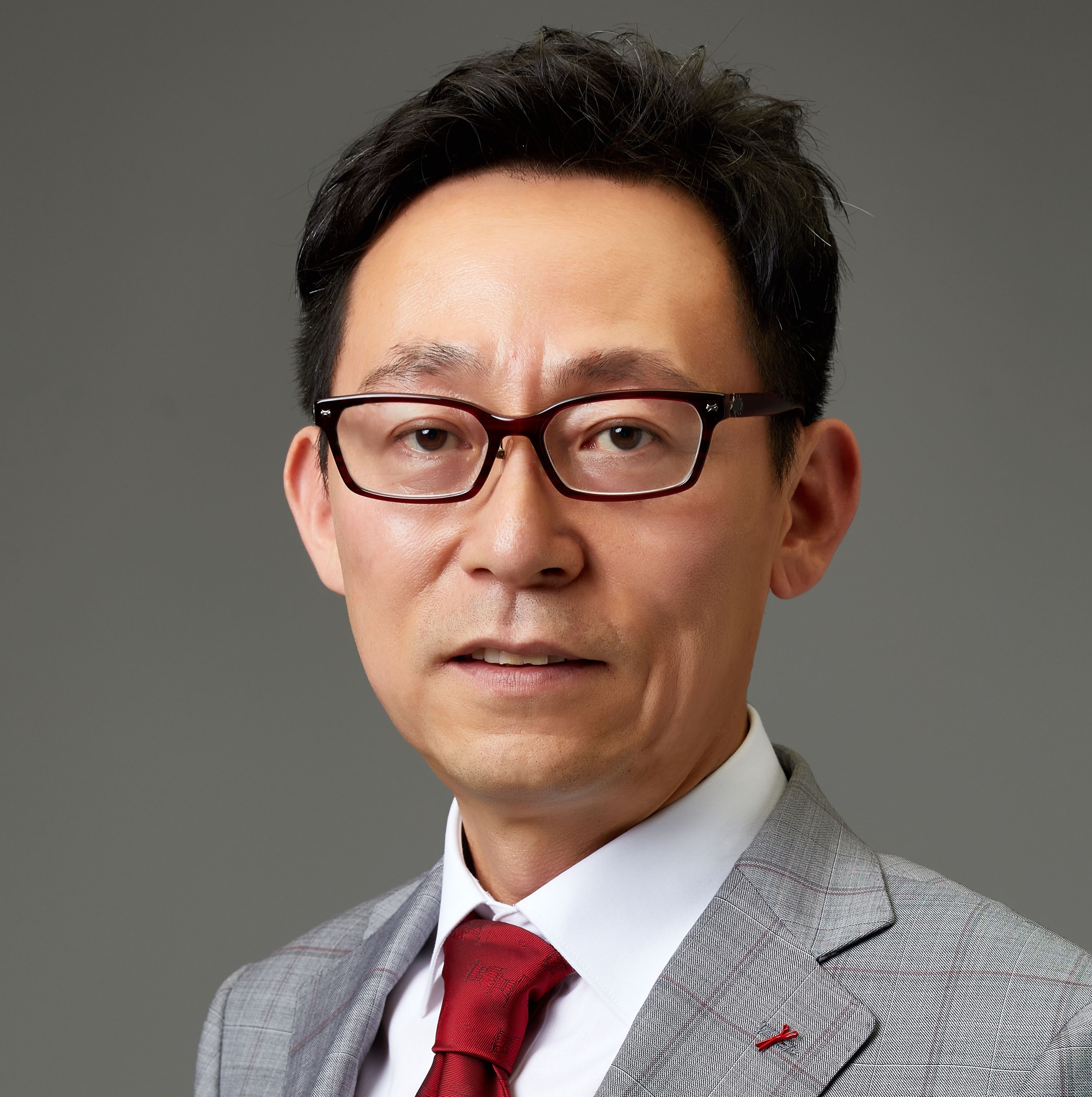 Hyung-Soo (Hans) Kim Hyung-Soo (Hans) Kim
Vice-chairman, ITU-T Study Group 13 | KT Corporation, Korea (Rep. of)
Hans Hyungsoo Kim has worked at KT (Korea Telecom) corp. R&D part from 1993. He had successfully led outstanding projects in relation to B-ISDN (Broadband-Integrated Digital Network), NGN (Next Generation Network), IP QoS (Quality of Service), Green ICT, Smart Grid, 5G and AI. Now he is responsible for leading the Quantum Technologies, as a Director of Quantum Infra Innovation Project in KT. Dr. Kim has a Ph.D. in electronics engineering from Kon-Kuk University. In addition to his role in KT, Dr. Kim has participated ITU-T based international standards activities, since 1997. Now he is working as a vice-chairman for ITU-T Study Group 13, Chairman of Working Party 1/SG13 and a vice-chairman of FG QIT4N.
|
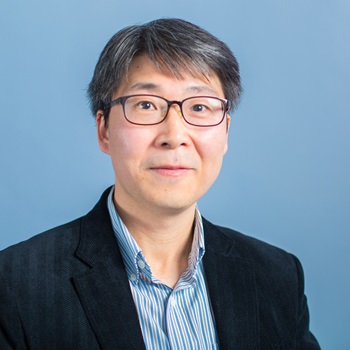 Gyu Myoung Lee
Gyu Myoung Lee
LJMU, UK/KAIST, Korea
Gyu Myoung Lee is with the Liverpool John Moores University (LJMU), UK, as a Professor from 2014 and with KAIST Institute for IT convergence, Korea, as an Adjunct Professor from 2012. Prior to joining the LJMU, he has worked with the Institut Mines-Telecom, Telecom SudParis, France, from 2008. Until 2012, he had been invited to work with the Electronics and Telecommunications Research Institute (ETRI), Korea. He also worked as a research professor in KAIST, Korea and as a guest researcher in National Institute of Standards and Technology (NIST), USA, in 2007. His research interests include AI powered Internet of things, digital twin, computational trust, trust in data and AI, privacy preserving with blockchain, knowledge centric networking and services, multimedia services, and energy saving technologies. He has been actively working for standardization in ITU-T, IETF and oneM2M, etc. He was the chair of ITU-T Focus Group on data processing and management (FG-DPM) to support IoT and smart cities & communities and currently serves as the WP3 chair in SG13, the Rapporteur of Q16/13 and Q4/20 as well as a vice-chair of FG-AN and FG-AI4A in ITU-T. He is a Senior Member of IEEE. He received his BS degree from Hong Ik University, Seoul, Korea, in 1999 and his MS and PhD degrees from the Korea Advanced Institute of Science and Technology (KAIST), Daejeon, Korea, in 2000 and 2007. |
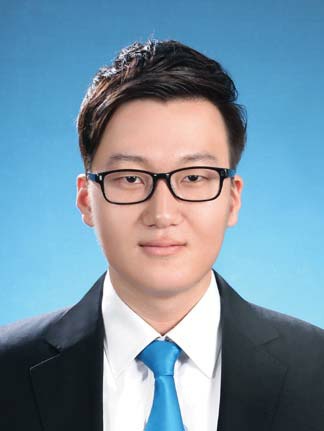 Jaewook Lee
Jaewook Lee
Assistant Professor, Department of Information and Communications Engineering, Pukyong National University, Korea
Dr. Jaewook Lee is currently an assistant professor in the Department of Information and Communication Engineering, Pukyong National University, Busan, Korea. He received the B.S. and Ph.D from the School of Electrical Engineering, Korea University, Seoul, Korea, in 2014 and 2021, respectively. From 2021 to 2023, He worked as a Senior Researcher at the Electronics and Telecommunications Research Institute. During this period, he also served as a delegate in 3GPP-SA2. His research interests include 6G mobile network architecture, network automation and time sensitive networking.
|
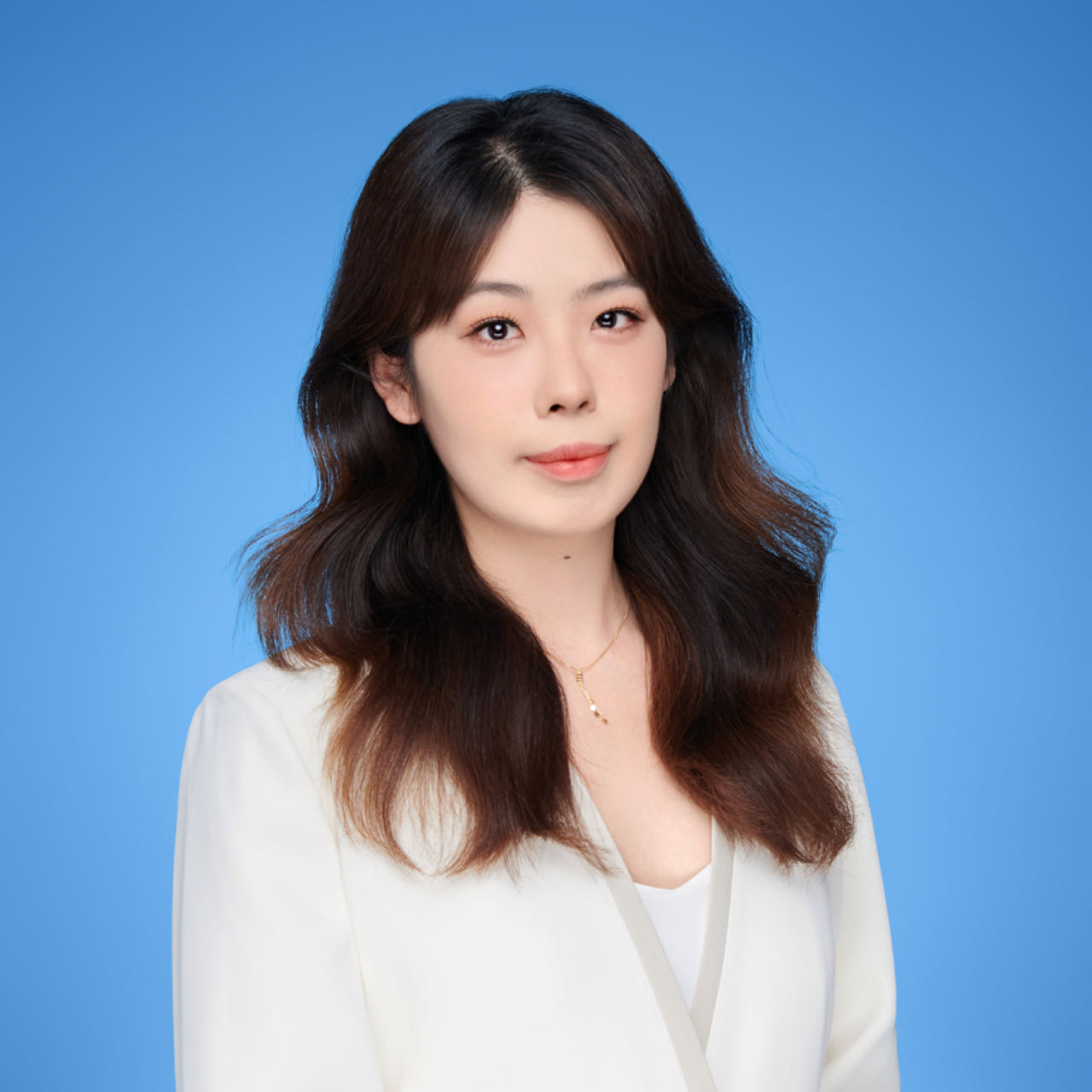 Jingwen Li
Jingwen Li
Standard Engineer, China Telecom Research Institute,China
Jingwen Li, graduated from Beijing University of technology, with a master's degree in software enigneering, and now working for China Telecom as a standard engineer on standards and research of emerging network technologies, mainly focus on DLT/AI/web3/metaverse. She is an active delegate in ITU-T SG13, SG16 and CCSA and contributes nearly 10 work items as an editor.
|
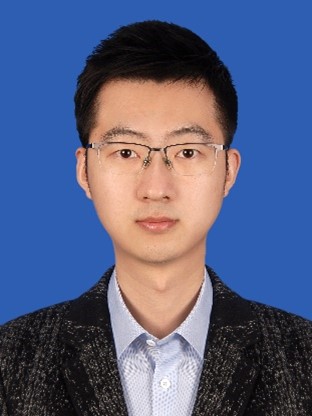 Ming-Han Li
Ming-Han Li
Senior researcher, CAS/ Quantum Network Co., Ltd.
Dr. Ming-Han Li is the senior researcher of CAS Quantum Network Co., Ltd. He obtained his bachelor’s degree and Ph.D. degree from University of Science and Technology of China. His research interest is Quantum Random Number Generator and Loophole-free Bell Test. Dr. Li joined CAS Quantum Network in 2020 and he also serves as leader of deliverable D1.1 Technical Report on Network aspects of QIT in the ITU-T Focus Group on Quantum Information Technology for Networks (FG-QIT4N). |
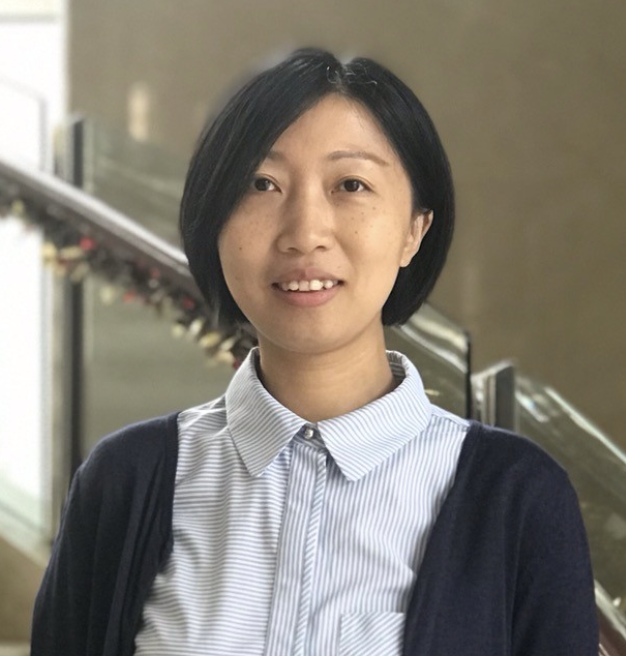 Lu Lu
Lu Lu
Deputy Director, Department of Basic Network Technology, China Mobile Research Institute I Vice-Chairman of ITU-T SG13 WP1 I Leader of Core Network Group of CCSA TC5
Lu Lu is the Deputy Director of the Department of Basic Network Technology at the China Mobile Research Institute. She is also the Vice-Chairman of ITU-T SG13 WP1, and the Leader of Core Network Group of CCSA TC5. She received her master’s degree from Beijing University of Posts and Telecommun. She has 15 years working experience in telecommunication network technology areas such as in 3GPP, ITU-T, GSMA, ETSI, CCSA. Currently she is mainly leading in the research and development of Network evolution, including 5G/5G-A network architecture design, 6G network architecture, network intelligence, computing aware network in China Mobile.
|
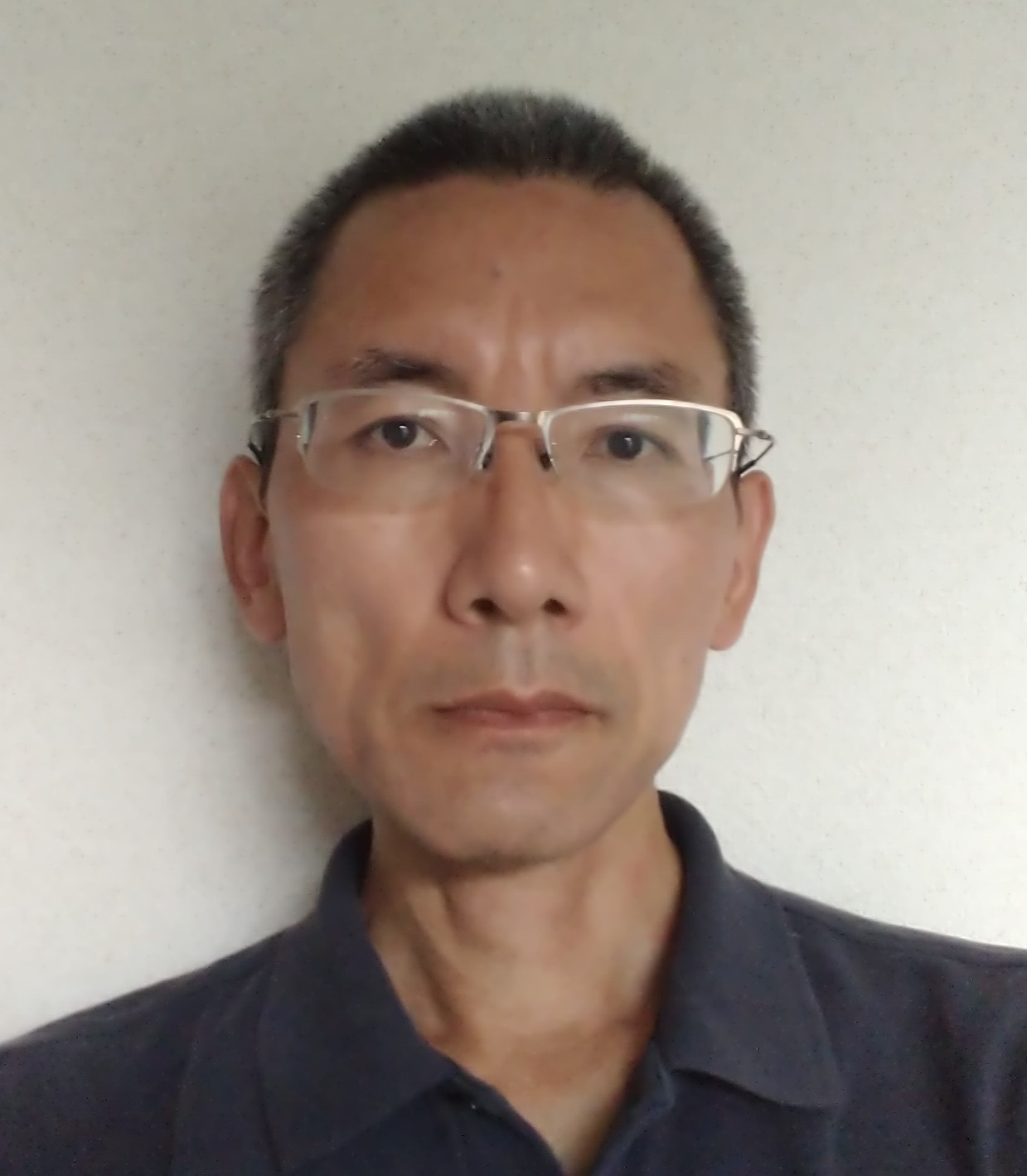 Atsushi Minokuchi
Atsushi Minokuchi
Principal Standard Expert and Assistant Manager of 6G Network Innovation Department, NTT DOCOMO
He is leading 6G architecture research and 5G-Advanced standardization activities in 3GPP TSG-SA of NTT DOCOMO. He is also an active contributor to 3GPP SA1 and SA2. He has been involved in research and development activities from 2G (PDC in Japan) through 3G, 4G, 5G and is now working towards 6G network. He served as a vice chair of 3GPP TSG-CT in 2015-2019.
|
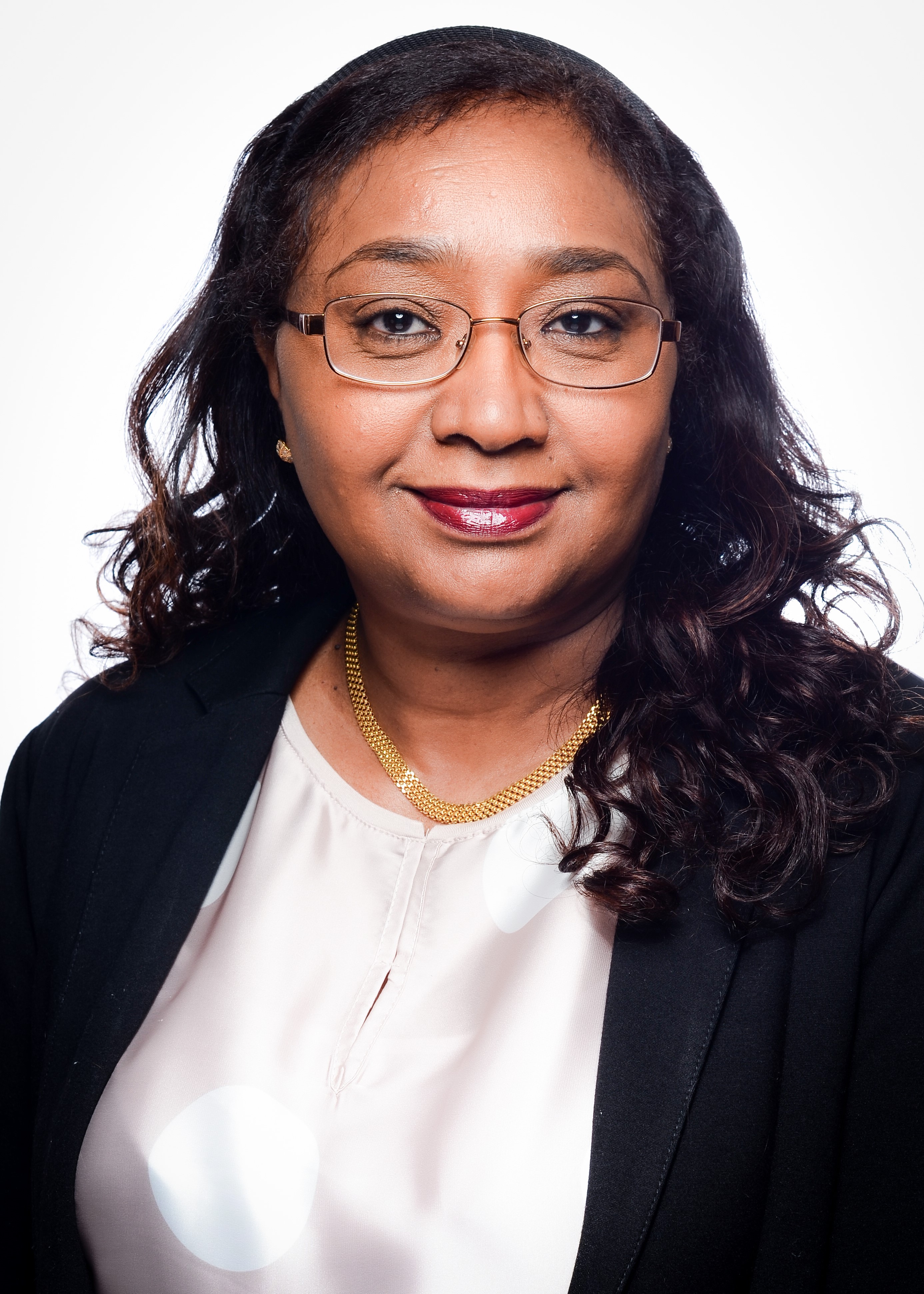 Eiman Mohyeldin
Eiman Mohyeldin
Eiman Mohyeldin is the Global Head of Spectrum Standardization for Nokia, responsible for defining and executing Nokia's spectrum standardization strategy and leading Nokia's worldwide engagement on spectrum matters with customers, regulators, authorities, and partners. She is actively involved in the World Radio Conference (WRC) process, participating in the WRC conferences and preparatory meetings (CPM). Eiman has also led and contributed to groups for the IMT technology process (4G, 5G and most recently 6G) in ITU and CEPT. Eiman Mohyeldin is electronic engineer specialised in Communication Engineering. She has two decades of a professional experience in radio research and spectrum regulation and standardization at Siemens, Nokia Siemens Networks, Nokia Networks and now Nokia. Connect with Eiman on
LinkedIn
Find her publications
here |
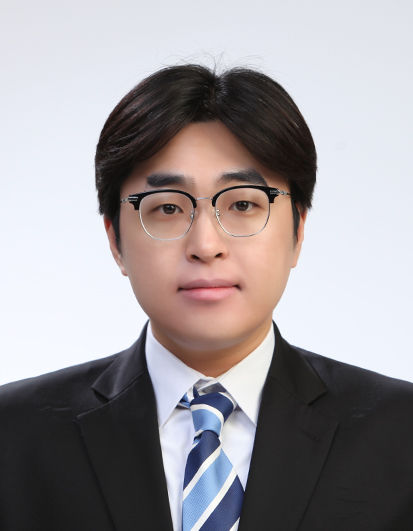 Hyeontaek Oh
Hyeontaek Oh
Convenor of ad-hoc group on "Future ICT Evolution for emerging Web Era" | KAIST, Korea (Rep. of)
Dr. Hyeontaek Oh is currently a team leader of the Institute for Information Technology Convergence at the Korea Advanced Institute of Science and Technology (KAIST). He received a Ph.D. degree in electrical engineering from KAIST in 2020. His research interests in trust in ICT environments, system optimization, personal data ecosystem, and Web3-related technologies. He has actively participated in nationally-funded research projects for the ICT environment. He also has contributed to the ITU-T Study Group 13 as a contributor and editor since 2015.
|
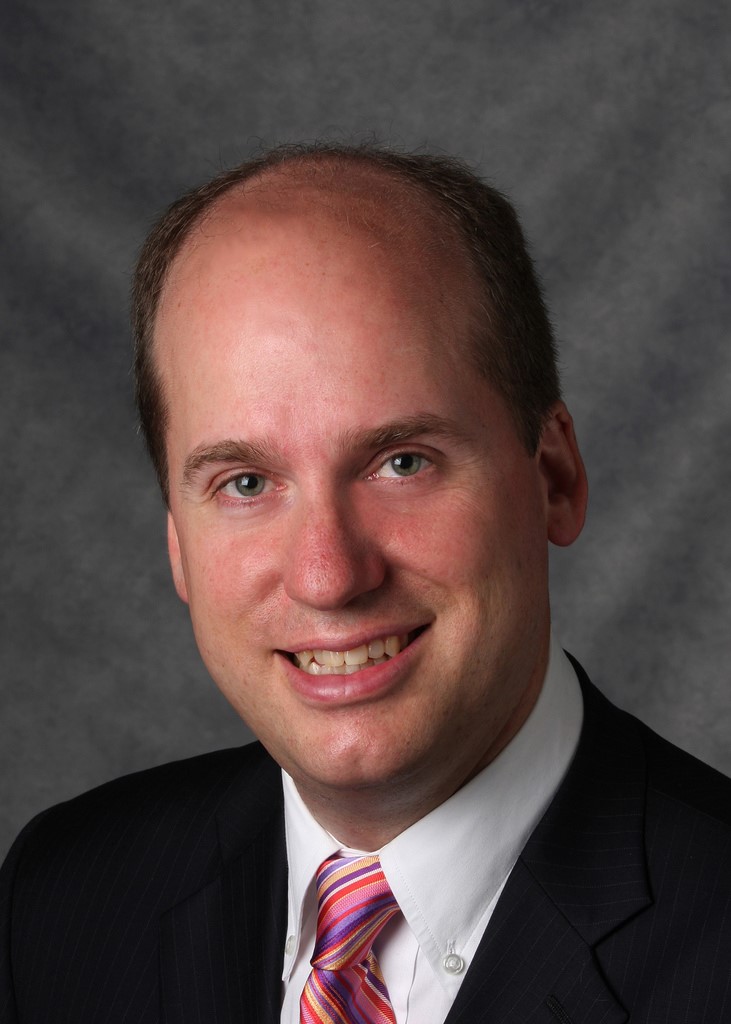 Glenn Parsons
Glenn Parsons
SG15 Chair I Ericsson Canada
Glenn Parsons is an internationally known expert in mobile backhaul/fronthaul and Ethernet technology. He is a standards advisor with Ericsson Canada, where he coordinates standards strategy and policy for Ericsson, including network architecture for 5G radio transport networks. Previously, he has held positions in development, product management and standards architecture in the ICT industry. Over the past number of years, he has held several management and editor positions in various standards activities including IETF, IEEE, and ITU-T. He is currently involved with 5G transport standardization in MEF, IEEE and ITU-T and is the working group chair of IEEE 802.1 as well as a vice-chair of ITU-T SG15. He is a Technical Editor for IEEE Communications Magazine and Editor-in-Chief for IEEE Communications Standards Magazine. He graduated in 1992 with a B.Eng. degree in electrical engineering from Memorial University of Newfoundland. |
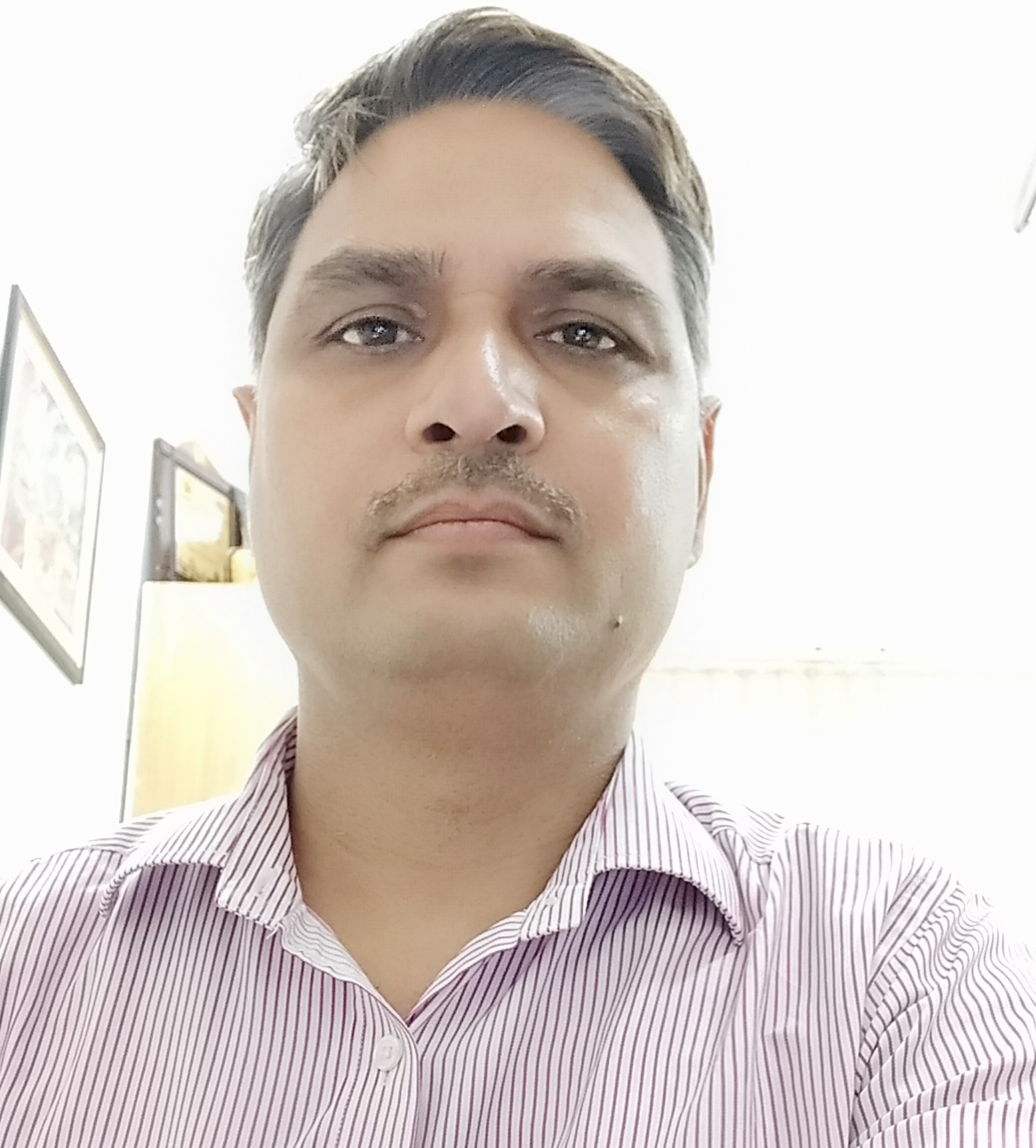 Nagendra Prasad Pathak
Nagendra Prasad Pathak
Professor & Head, Department of ECE, IIT, Roorkee, India
Nagendra Prasad Pathak is currently working as Professor and head of Electronics & Communication Engineering department, Indian Institute of Technology Roorkee, Uttarakhand, India. He has received B. Tech. in Electronics & Telecommunication Engineering and M. Tech. in Electronics Engineering from University of Allahabad in 1996 and 1998 respectively. He completed his Ph.D. degree in the area of Millimeter-wave Integrated Circuits from Indian Institute of Technology Delhi in 2005. Prior to his current assignment at IIT Roorkee in 2006, he held the position of post-doctoral research fellow at ‘NRD Super Broadband Research Centre, Tohoku Institute of Technology, Sendai, Japan’, as well as Centre for Applied Research in Electronics (CARE), IIT Delhi. Prof Pathak is member of 6G Task Force, DOT, Govt. of India, IEEE MTT-S technical committee on “THz Technology and Applications” (TC, MTT-21) and Research Advisor of Nanyang Academy of Sciences, Singapore. He is an Associate Editor to IEEE Access and Editor of IETE Journal of Research. He has served as TPC Chairman of IEEE IMaRC 2021 and Chairman of IEEE Microwave Theory and Techniques Society MTT-S) Uttar Pradesh Chapter (2021-23), He is recipient of DST Fast Track Research Grant for Young Scientists (2007), IETE India National Research Fellowship in the area of ’Microwave and Radar Engineering’ (2004, 2005). Prof Pathak has guided 13 PhD theses and supervised more than 45 M Tech dissertations in the area of RF -through- THz Integrated Circuits, Systems & Sensors. He has published around 200 papers in reputed international journals and conferences, co-author of a book (CRC press), several book chapters and has one US patent to his credit and 4 Indian patent (applied). Prof Pathak’s current research interests are: Integrated circuits for RF through THz wireless communications and Non-invasive sensors. |
 Philippe Sayegh Philippe Sayegh
Chief Adoption Officer, VERSES
Philippe Sayegh is the Chief Adoption Officer at VERSES and has been part of VERSES's executive team for the last 4 years. As such, he has the responsibility of defining, coordinating and facilitating the execution of the adoption strategy across the various departments of the company and each of its subsidiaries. The adoption process covers awareness, acquisition and advocacy by the VERSES ecosystem. He is a tech entrepreneur with 20+ years of operational executive experience with B2B-focussed technology companies. He is passionate about driving the successful adoption of innovation in areas as diverse as CRM, DRM, Digital identity, e-commerce and AI. His experience encompasses building and managing European and emerging markets businesses for US-based tech companies, running and successfully selling an ecommerce platform startup, co-investing with Technology Venture Capital firms in Europe as well as advising start-ups operating and innovating in the fields of Security, AI, blockchain and XR.
|
Alex Shkor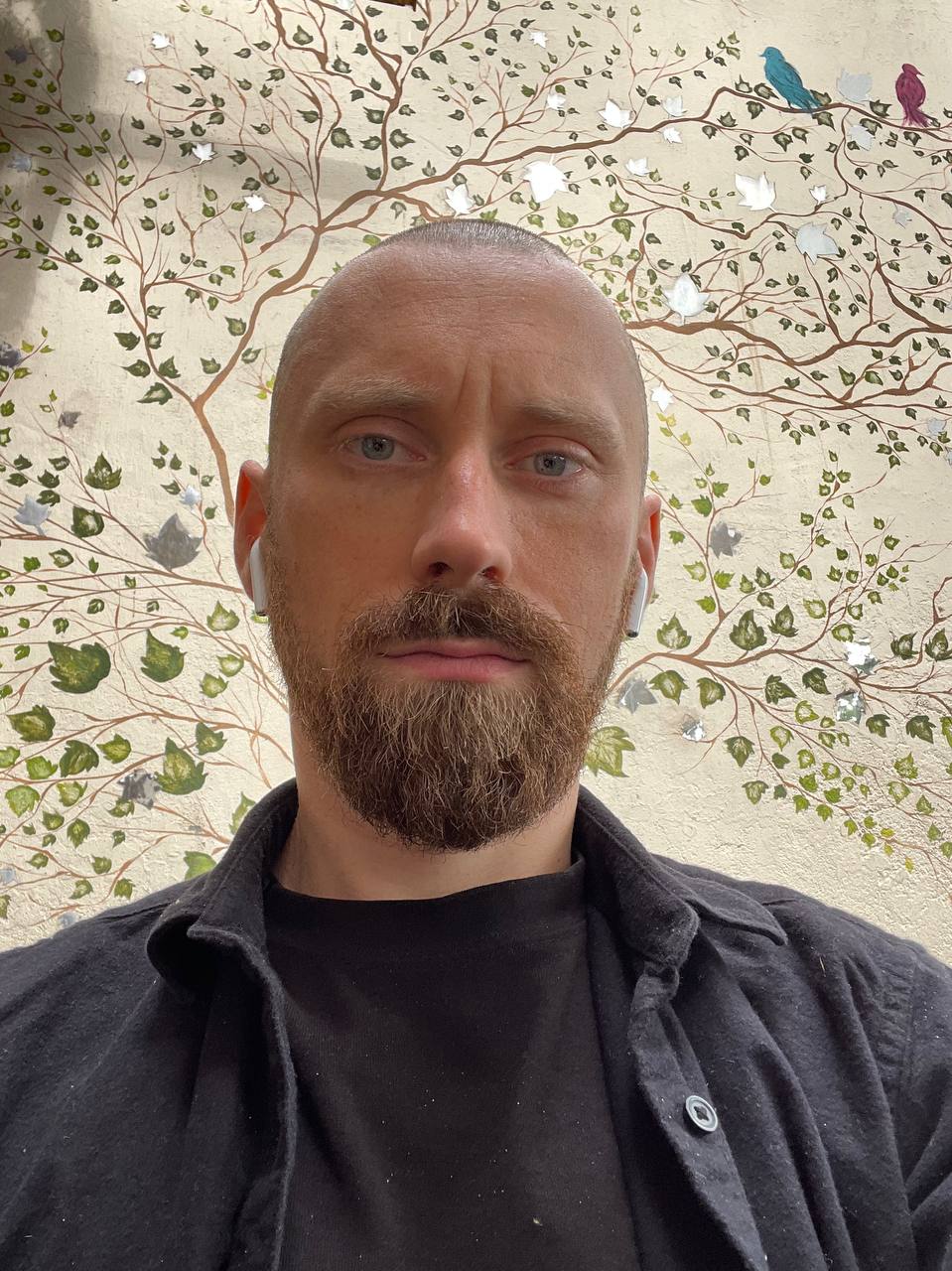
CEO, Collective Intelligence Labs, Europe
Alex Shkor is an influential tech entrepreneur, inventor, and distributed systems architect, born on January 9, 1990, in Minsk, Belarus. A respected figure in the Web3 technology sector, Alex has dedicated his career to unlocking the potential of creators and humanity on a global scale. He laid the foundation for his work with a degree in Computer Science from the Belarusian State University of Informatics and Radioelectronics. Over the following 14 years, he honed his expertise in designing distributed system architectures, specializing in Command Query Responsibility Segregation (CQRS) and Event Sourcing. His foray into the blockchain industry began in 2013, setting the course for his future endeavors. Before co-founding Collective Intelligence Labs and DEIP, Alex acquired invaluable experience and insights as the Chief Technology Officer at Paralact, a leading venture studio in Eastern Europe. He spearheaded the development of several distributed systems projects utilizing various architectures. Alex's expertise also served him well in executive roles at numerous startups and IT service companies worldwide. A recognized authority in Web3 technologies, Alex has made substantial contributions to the field. He has authored or co-authored over 50 Web3 technologies, including a Complete Web3 architecture. He has also invented multiple ground-breaking technologies such as the Casimir framework, Omnichain Smart Contracts, and the Multi-Relay Chain Architecture. One of his key inventions is the Proof-of-Share protocol, serving as the base technology for the product IPledger. As an active member of Blockchain for Science (Berlin), Alex is deeply committed to expanding the scientific community's understanding of blockchain technology. He frequently presents his visionary perspectives on Web3 at numerous international conferences and academic institutions, including the Paris Blockchain Week Summit, ETH Zurich, Global Graphene Development Conference, and Vienna Cryptoeconomics. Alex Shkor's unwavering dedication to developing decentralized Web3 infrastructure has cemented his position at the forefront of the global tech landscape. His continuous innovation in the field is shaping the future of Web3 technology and digital infrastructure. His journey is a testament to the power of innovation, vision, and technical expertise in creating transformative digital solutions.
|
Ravi Sinha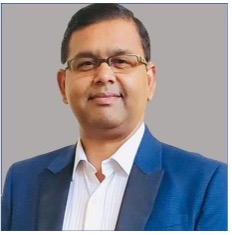
Vice President 5G/ 6G Technology and Product Development, Reliance Jio
Mr. Ravi SINHA, is working with world’s fastest growing telco brand Reliance Jio as Vice President 5G/ 6G Technology and Product Development. He is a versatile R&D Executive serving leadership roles in wireless industry with expertise in product development and technology strategy, business analysis, M&A assessments, Strategy planning that enables Jio to achieve its long-term objectives. He brings over two decades of experience and working with some of the world’s largest telecom companies and service providers. In his previous role, he spearheaded efforts to innovate cutting edge projects around small cell solutions and Cloud Native Infra assets for Telco Consumptions. Ravi Sinha is leading global SDOs in Open-Source Paradigm. He is the Co- Chairman of O-RAN Next Generation Research Group (6G and beyond) as well as the Chairman of Small Cell Forum (SCF) Emerging Technology Group. He is leading multiple teams from Telco and Service verticals in 6G, 5G and High Compute Edge Fabric related to Use cases, Architecture, Advance
|
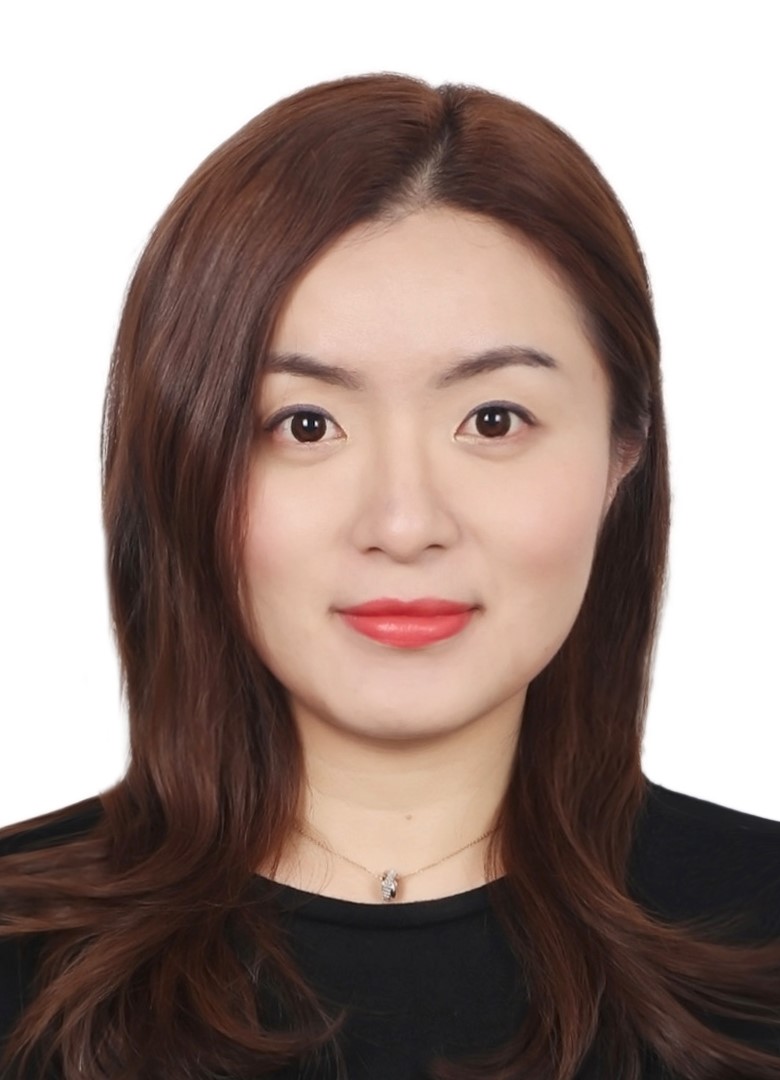 Xiaojia Song Xiaojia Song
Researcher, Artificial Intelligence and Intelligent Operations Center, CMRI, China Mobile
Xiaojia Song is the co-chair of FG-AN WG2, who’s graduated from BUPT and hold a master in communications & information and now working for China Mobile as a researcher. Her main focus is in the area of autonomous networks, intelligent technologies in network, AI, etc. She is an active delegate in ITU-T, ISO/IEC JTC1, IEEE SA, 3GPP and CCSA.
|
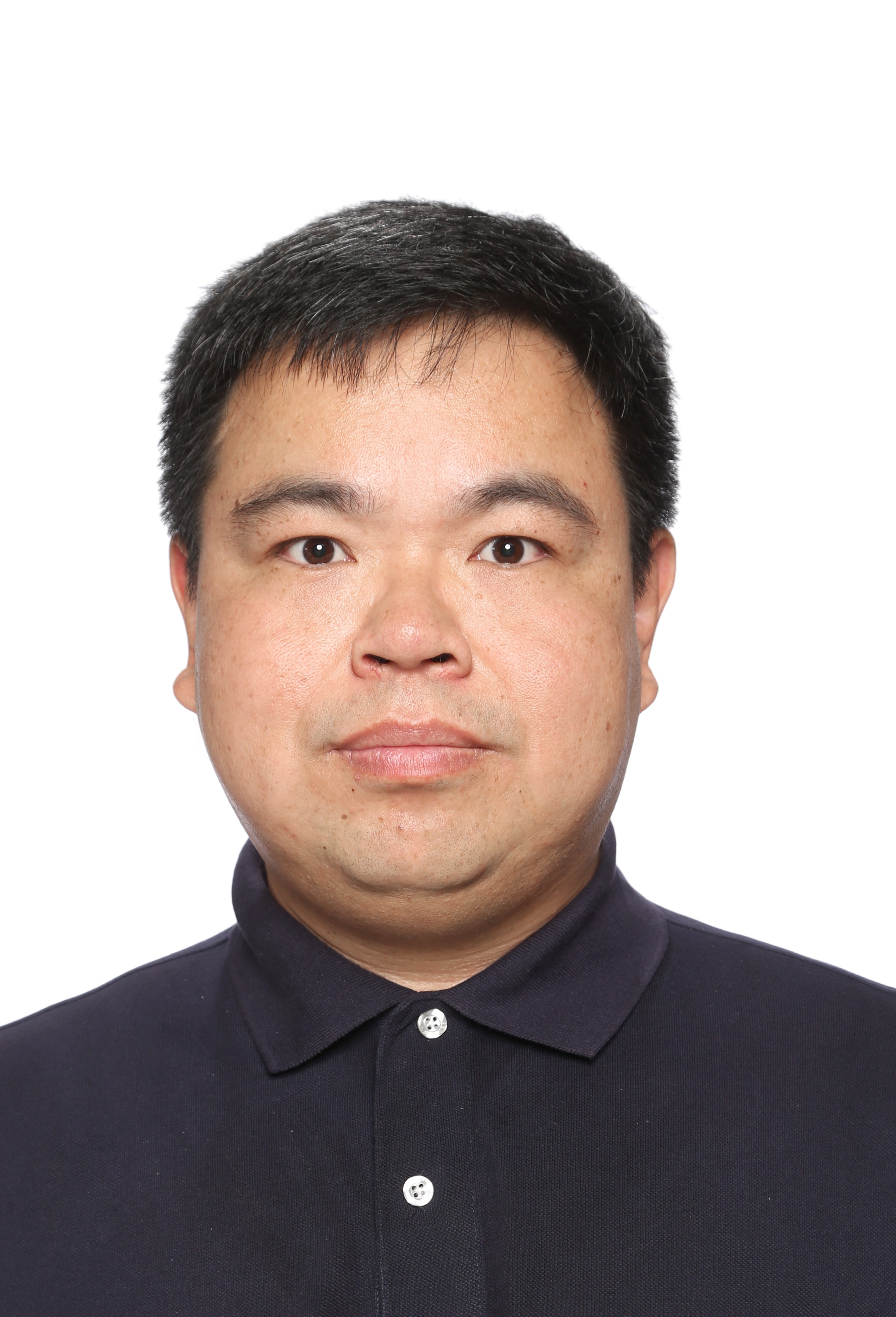 Lei Sun Lei Sun
Associate Professor, Deputy Dean of Instrument Science and Technology Department, University of Science and Technology Beijing, China
Dr. Lei Sun is currently serving as the associate professor and deputy dean of Instrument Science and Technology Department, University of Science and Technology Beijing (USTB), China. He received B.S and Ph.D. degrees on communication and information system from Beijing University of Posts and Telecommunications (BUPT) in 2006 and 2011 respectively. His research interests include advanced mobile communication networks such as 5G, B5G and 6G, scheduling mechanisms in Time Sensitive Networking (TSN), 5G-TSN collaboration transmission schemes, resource management in heterogeneous networks. He has served as an editor of several standard projects on deterministic communications in ITU-T Q6/SG 13.
|
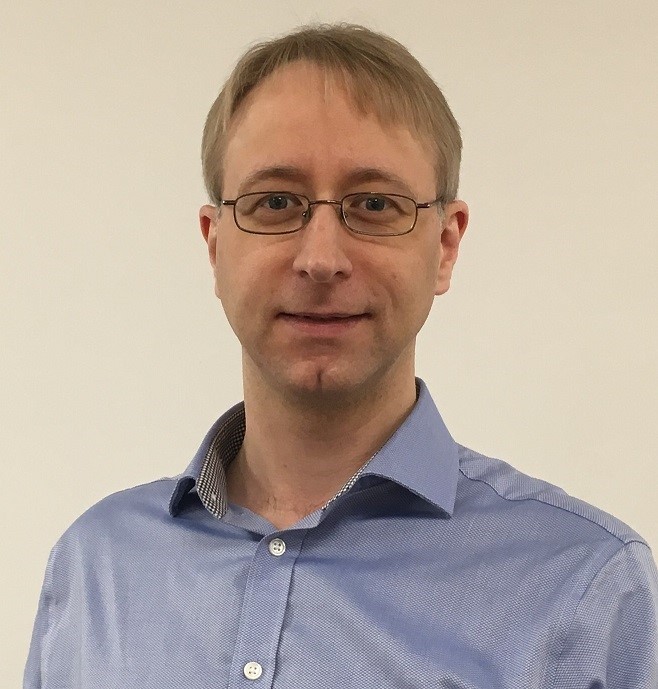 Martin Ward Martin Ward
Senior Research Scientist, Toshiba Europe Limited
Martin Ward is a Senior Research Scientist for Toshiba Europe working in their Cambridge Research Laboratory in the UK. He received a DPhil in Physics from the University of Oxford and has over 15 years of research experience on quantum photonic sources, quantum optics and quantum key distribution, including electrically driven quantum dot single photon emission and entangled photon pair sources at telecom wavelengths. He is currently Chair of ETSI ISG QKD and is involved in QKD standards within ISO/IEC JTC 1/SC 27/WG 3, where he is a co-editor of draft ISO/IEC 23837-2, and within ITU-T SG17 and SG13.
|
|---|
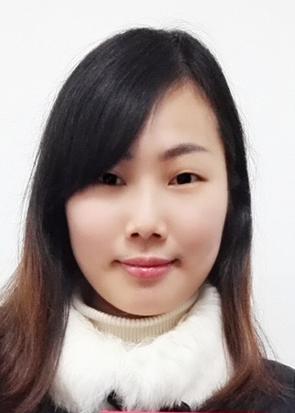 Quan Xiong Quan Xiong
Standard and Pre-Research Engineer, ZTE Corporation, China
Quan Xiong graduated from Huazhong University of Science and Technology in China, with a master's degree in communication engineering. She has been engaged in communications for over 10 years, and involved many professional technical fields including GPON, OTN/ASON/SDN and IP/MPLS. She is working on the standards and pre-research of future network technologies, and her major research is on the deterministic network technology. She is also an active committer in IETF, CCSA TC3 and TC614 network 5.0.
|
|---|